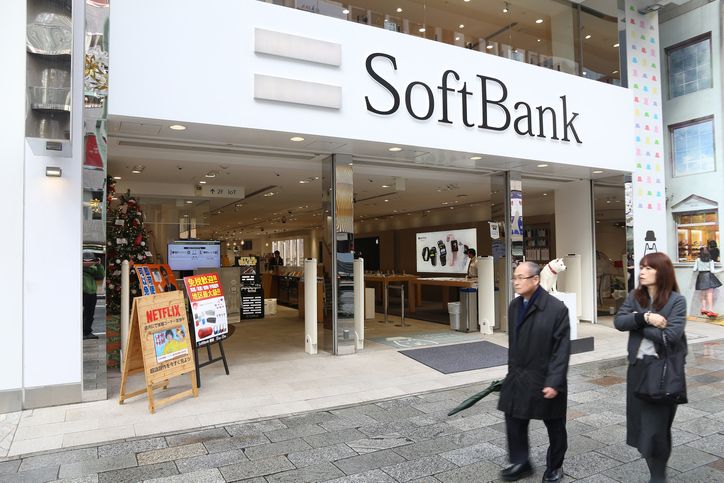SoftBank – one of the world’s most active agrifoodtech investors last year – has reported a ¥1.9 trillion ($17.7 billion) annual loss on its Vision Fund startup portfolio.
This staggering deficit from the Vision Fund – which SoftBank launched in 2017 with backing from Saudi Arabian sovereign fund PIF, UAE sovereign vehicle Mubadala, Apple, Foxconn, and Qualcomm, among others – contributed to an FY 2019 operating loss for SoftBank itself of around ¥1.4 trillion ($13 billion).
As of the end of the fiscal year on 31 March, the Vision Fund had investments in 88 companies, SoftBank said yesterday. The fund lost almost US$10 billion during the year from its investments in shared workspace operator WeWork and ride-hailing app Uber alone.
Separately from the Vision Fund, SoftBank Group itself racked up a ¥670 billion ($6.25 billion) loss on its direct startup investments last year, which include a further stake in WeWork.
Taken together, the Japanese company has lost just shy of $24 billion across all of its startup investments. This matches the deficit it had forecast last month – though eventual Vision Fund losses as a component of the total were worse than the $16.8 billion predicted.
SoftBank founder and CEO Masayoshi Son – known for his playful use of slides during investor presentations – laid the blame for the titanic deficit squarely at the feet of Covid-19 when announcing his company’s annual results today.
Son said that while many of the Vision Fund’s portfolio companies had fallen into “the valley of the coronavirus,” he believes that “some of them will fly over the valley.” He delivered this line while showing an animated slide of unicorns running off a cliff into a hole, with one winged member of the pack successfully making the journey across the chasm.
Son had previously said he expected 15 of the Vision Fund’s portfolio companies to go bankrupt.
Beyond highlighting well-documented losses on SoftBank’s investments in WeWork and Uber, Son didn’t delve into much detail on the performance of other individual companies in its portfolio.
Agrifood bets
SoftBank has made a number of investments in the agrifood sector, both directly and through various subsidiaries including the Vision Fund and SoftBank Ventures Asia. These include stakes in companies making a sideline, or a core business, out of doorstep food delivery – such as Uber (Uber Eats), Grab (GrabFood), DoorDash, Loggi, and Rappi. Other agrifood bets include US vertical farm specialist Plenty, South Korean e-commerce giant Coupang, and Indian e-grocer Grofers.
The Vision Fund also pumped $375 million into US automated-pizza-baking-and-delivery startup Zume in November 2018. Zume has reportedly cut hundreds of jobs since the start of this year amid an attempted pivot to a B2B model.
According to AgFunder’s Agri-FoodTech Investing Report 2019, SoftBank was one of the most active agrifood VC investors last year. The Japanese tech conglomerate appeared in the report’s top investors list for the first time, ranking in joint-fifth place with Blume Ventures, Omnivore, and DCVC by number of deals done, with all four participating in eight deals.
Furthermore, SoftBank may have been 2019’s biggest agrifood investor in simple dollar terms. SoftBank Group and its Vision Fund co-led Rappi’s $1 billion Series E raise in April – the largest agrifood startup round globally last year – while the Vision Fund joined in a $220 million funding for Grofers alongside Sequoia Capital and Tiger Global. The Vision Fund also invested $940 million into Nuro – a builder of autonomous delivery vehicles for food retail other industries – in January 2019.





